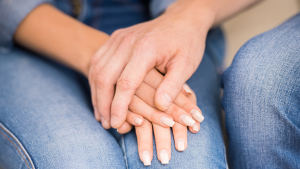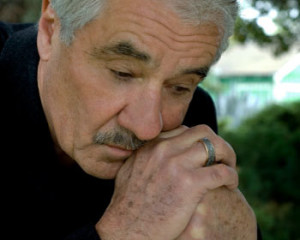 Life looks and feels different after something grievous has happened. It is common to hope that life will go back to feeling the same after something grievous has happened, such as the death of a child, which is not something one should hope for. The truth is, life will never be the same again. This does not mean that it won’t be beautiful and joyous in new ways, but it is important to understand that you have a new identity. You can hold the memory of what you are grieving in your new identity, but you can’t expect your new identity to feel the same as the old one.
Life looks and feels different after something grievous has happened. It is common to hope that life will go back to feeling the same after something grievous has happened, such as the death of a child, which is not something one should hope for. The truth is, life will never be the same again. This does not mean that it won’t be beautiful and joyous in new ways, but it is important to understand that you have a new identity. You can hold the memory of what you are grieving in your new identity, but you can’t expect your new identity to feel the same as the old one.
There will be moments when you relive the pain in its entirety. Every grieving person can attest to this. There will be repeated moments of thinking you have moved on entirely, thinking you are done experiencing the grief, and then a wave of grief will roll over you without warning. This becomes exhausting to the body and mind, but this is a natural part of the grieving process.
However, this does not mean that you won’t have joyful moments that contrast with the grief. There will be many moments when the clouds roll away and the sun shows through and you will remember how to have a full heart. As you work your way through your grief, these moments will become more and more common. For a time, these moments will have to fluctuate with moments of continued grief, and eventually, they will even out into more steady emotions.
Many people describe this process by comparing it to learning how to function after an amputation, or learning to dance with a limp. The loss you experienced does not cease to be a loss. Instead, you make peace with the presence of the loss in your life. This is essentially learning to accept something over a long period of time, typically months or even years.
